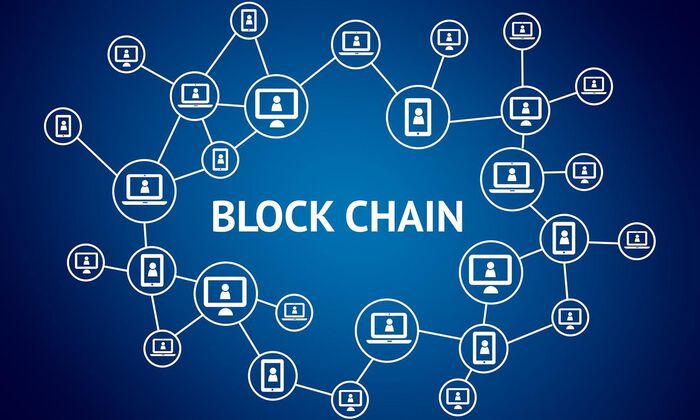Nettsider med emneord «energy informatics»

To counteract the climate crisis and stay below 1.5oC temperature increase requires a massive transitive from energy to electrical systems. The DESSI infrastructure covers simulations, emulations and cybersecurity of power systems for a better understanding of the transition, with a specific focus on increased participation.
DESSI will develop the physical system and computational methods necessary to ensure the reliable and efficient operation of power systems with large-scale renewable generation, flexible loads, storage devices, power flow control and security of cyber-physical systems.

To counteract the climate crisis and stay below 1.5oC temperature increase requires a massive transitive from energy to electrical systems. The DESSI infrastructure covers simulations, emulations and cybersecurity of power systems for a better understanding of the transition, with a specific focus on increased participation. DESSI will develop the physical system and computational methods necessary to ensure the reliable and efficient operation of power systems with large-scale renewable generation, flexible loads, storage devices, power flow control and security of cyber-physical systems.
The transition to a globally sustainable low-carbon emission society requires a significant increase in the use of renewable energy. We are facing increased decentralized energy production, and digitalization of the whole value chain. Advanced use of ICT is crucial for realizing this energy shift. This is confirmed in the revised national strategy for Norway on energy research, Energy21 which recommends to give "Digitalization and integrated energy systems" top priority. In this context, the energy sector is facing two key challenges: 1) the sector must be able to apply state-of-the-art ICT, 2) there is a lack of talents with the necessary expertise in the intersection between energy systems and ICT, which we refer to as energy informatics. This project, which is a collaboration between research groups at University of Stavanger, University of Oslo, Technical University of Munich, and University of Lille, is one response to these challenges.

Software control architectures for mini-grids can be applied to a range of smaller scale power systems, from stationary heat and power systems in buildings to energy systems for ships. Energy systems, irrespective of application, consist of energy generators, energy storage, and end users (energy converters). With the advent of new advanced ICT it is now possible to control power and energy flows in all kinds of energy systems. The goal of this thesis project is to leverage a suitable software control architecture to manage the mini-grid of a ship and evaluate this architecture in terms of correctness and performance.

Consumers often notice discrepancies between what energy usage they have been billed for and what they (believe), they have consumed [1]. This project explores the use of the emerging Blockchain Technology to resolve potential disputes.

Norway is world leading with respect to electrical vehicles (EV) per capita, and Norway is therefore also the first to face the lack of charging stations. The problem is that they are costly to build, and EVs stay at the stations even after completing the charging making it a hunt for others to find a free station, which leads to some urban citizens selling their EVs again [1]. A related problem is the lack of charging stations in city districts with many residential condominiums. Everyone gets home at approximately the same time at night and wants to charge the EV and make dinner at the same time creating an excessive peak in the distribution grid load.



